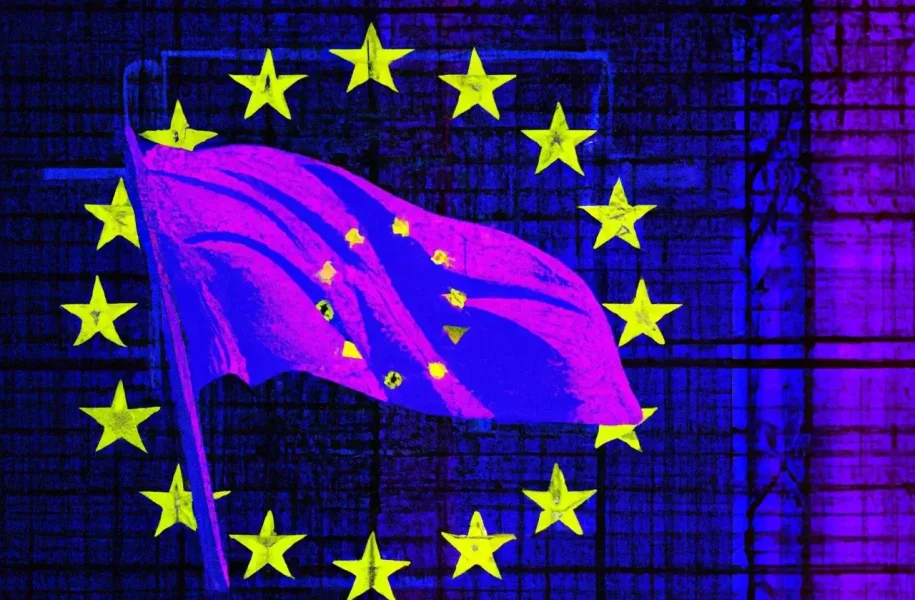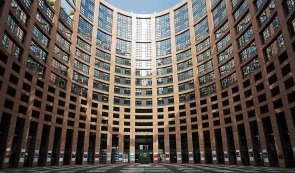Eurozone Grapples with Economic Contraction: Winter Clouds Loom

The economic landscape in the eurozone seems poised for a wintry slowdown as recent data reflects a 0.1% shrink in its economy during the third quarter of 2023.
Contrary to earlier predictions, the 20-nation coalition of the single currency has witnessed growth in only one out of the past four quarters, recording a mere 0.1% rise compared to its state a year ago.
Despite a noticeable downturn in the eurozone’s annual inflation rate, tumbling from 4.3% in September to 2.9% in October, indicators from various business surveys suggest a persisting fragility in the forthcoming months. A scenario indicative of a looming recession characterized by two consecutive quarters of GDP decline.
Multiple complex factors have contributed to the stagnation of the eurozone’s economy over the past year. These include the impactful influence of higher interest rates set by the European Central Bank, the ramifications of inflation on consumer purchasing strength, and a weakened export performance due to a sluggish global economic backdrop.
In contrast, the broader economy of the European Union managed to eke out a modest 0.1% growth in the third quarter and marked a marginal 0.1% upturn compared to the corresponding period in 2022.
Breaking down the four major economies within the zone, Germany experienced a 0.1% contraction, while France witnessed a 0.1% uptick, and Italy remained at a standstill. Spain demonstrated a 0.3% growth, but Ireland took the hardest hit with a substantial decline of -1.8%. Meanwhile, Latvia and Belgium exhibited notable positive growth, clocking in at +0.6% and +0.5% respectively. If excluding the sizable quarterly contraction in Ireland, the eurozone’s GDP remained relatively unchanged.
READ MORE: Thai Bank Takes a Leap into Digital Assets with Acquisition of Local Crypto Exchange
Bert Colijn, senior eurozone economist at ING bank, expressed concern, noting, “The dip in eurozone GDP sustains the prospect of a mild technical recession in the latter part of 2023. Despite inflation receding faster than projected, deliberations within the European Central Bank’s governing council are likely to adopt a more cautious stance, although an immediate anticipation of rate cuts might be premature.”
The unexpected dip in the eurozone’s annual inflation rate largely stems from fluctuations in food and energy prices. Core inflation, excluding food and energy, saw a decrease from 4.5% to 4.2%.














